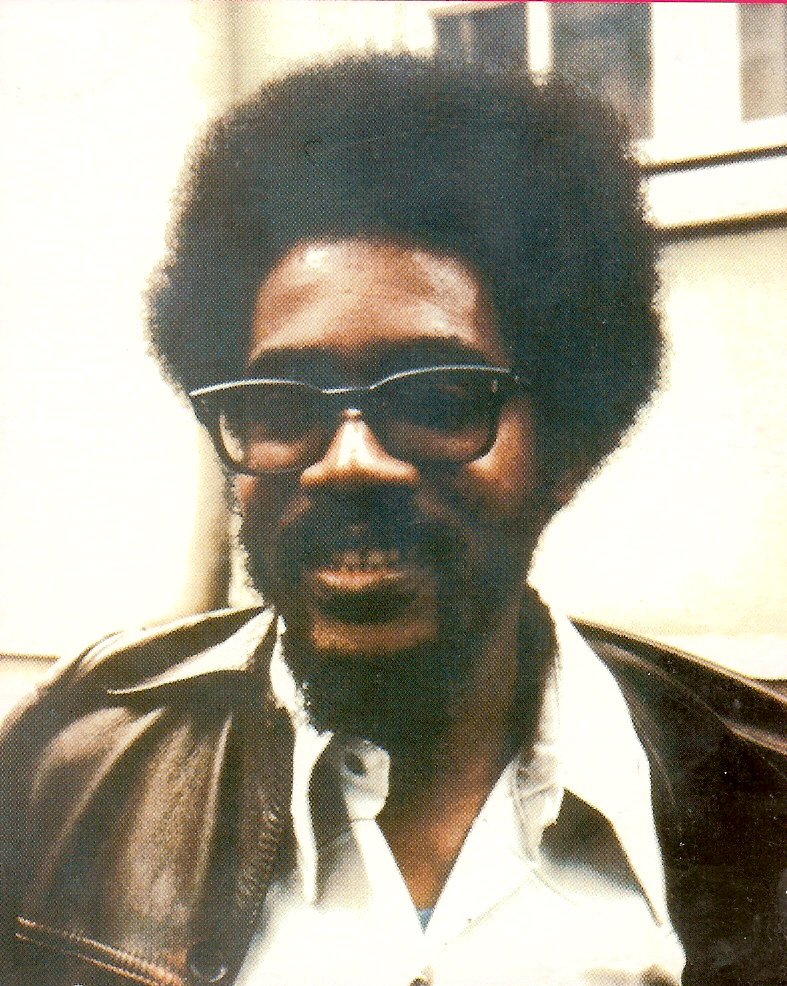Dr. Walter Rodney was a prolific scholar who received a scholarship to study at Queens College. In 1960, he won another scholarship to study at the University of the West Indies in Jamaica. He graduated with a first-class honors degree in history in 1963. At the age of 24 he was awarded a Ph.D. with honors in African History by School of Oriental and African Studies in London, United Kingdom.
His Ph.D. dissertation was published by Oxford University Press in 1970 under the title, A History of the Upper Guinea Coast, 1545-1800. He taught at the University of Dar es Salaam in Tanzania from 1966-1967 before moving to the University of the West Indies, in 1968. In 1968, the Hugh Shearer-led Jamaican Labor Party Government banned him from re-entering Jamaica because his work with underprivileged populations was gaining momentum. This action sparked widespread riots and revolts in Kingston.
After his expulsion from Jamaica, Dr. Rodney returned to Tanzania where he lectured from 1968 to 1974 and continued his work in Tanzania and other countries in Africa. In 1974, Walter returned to Guyana to take up an appointment as Professor of History at the University of Guyana, but the government blocked his appointment. However, he remained in Guyana and joined the newly formed ‘Working People’s Alliance’. On July 11, 1979, Walter, together with seven others, was arrested following the burning down of two government offices.
His most prolific work was ‘How Europe Underdeveloped Africa’. This book takes the view that Africa was deliberately exploited and underdeveloped by European colonial regimes. Rodney argues that a combination of power politics and economic exploitation of Africa by Europeans led to the poor state of African political and economic development evident in the late 20th century. He praised the state of Tanzania, which had pursued the sort of Marxist political ideology that he advocated.
 First published in 1972, the book was enormously influential in the study of African history. In the late 1990s many academics became more sharply critical of the book’s central thesis and argued that the book oversimplifies the complex historical forces surrounding the colonial era. This book was groundbreaking in that it was among the first to bring a new perspective to the question of underdevelopment in Africa. Rodney’s analysis went far beyond the heretofore accepted approach in the study of Third World underdevelopment and it was met with heavy criticism.
First published in 1972, the book was enormously influential in the study of African history. In the late 1990s many academics became more sharply critical of the book’s central thesis and argued that the book oversimplifies the complex historical forces surrounding the colonial era. This book was groundbreaking in that it was among the first to bring a new perspective to the question of underdevelopment in Africa. Rodney’s analysis went far beyond the heretofore accepted approach in the study of Third World underdevelopment and it was met with heavy criticism.
Rodney believed that the only path to true human development and liberation for the majority of the people of his country was through the transformation of their own lives in a struggle to replace and reshape the neo-colonialist government that dominated their society and prescribed their existence.
Rodney’s voice was not confined to Africa and the Caribbean but was also heard in the U.S. and Europe. In the early-mid 1970s, he participated in discussions and lectures with the African Heritage Studies Association at Howard University; the Institute of the Black World in Atlanta, GA; the African Studies and Research Center at Cornell University; and the State University of New York at Binghamton.
Courtesy of wikipedia.org and walterrodneyfoundation.org




